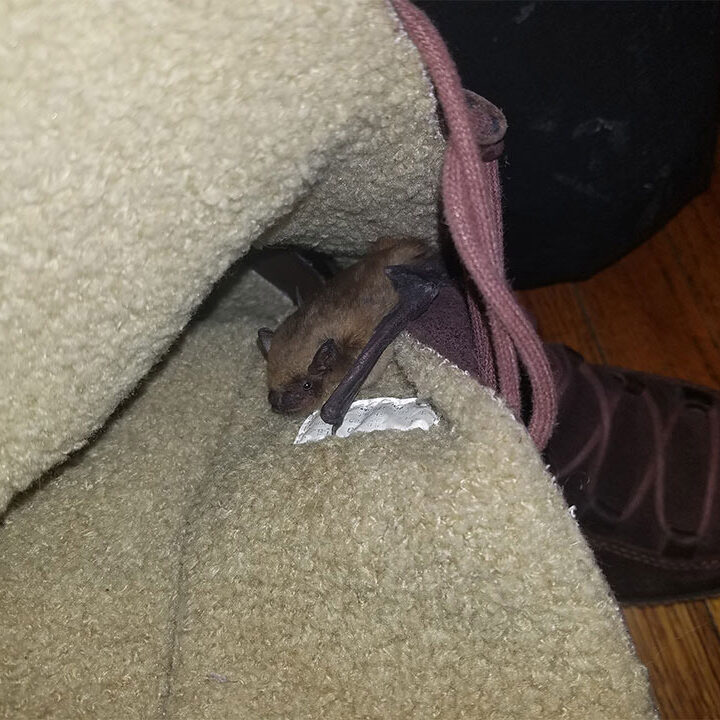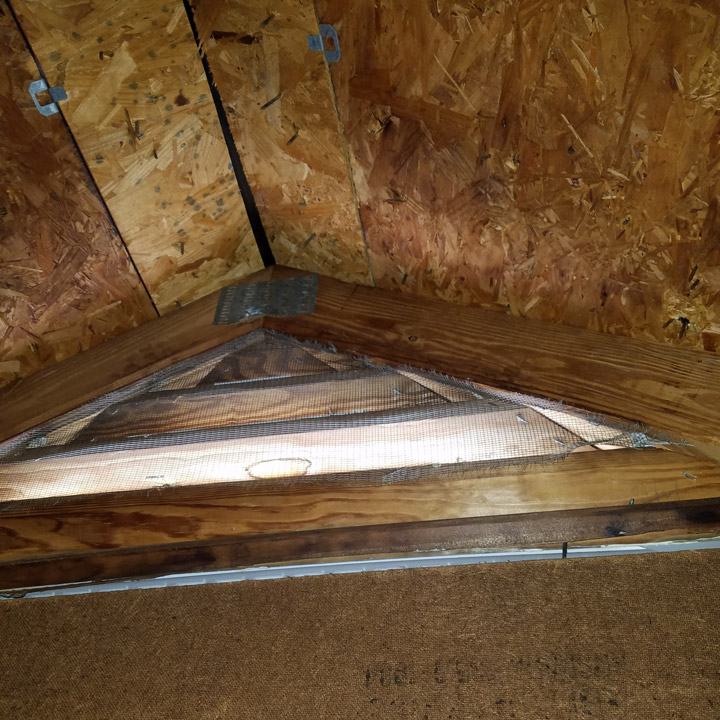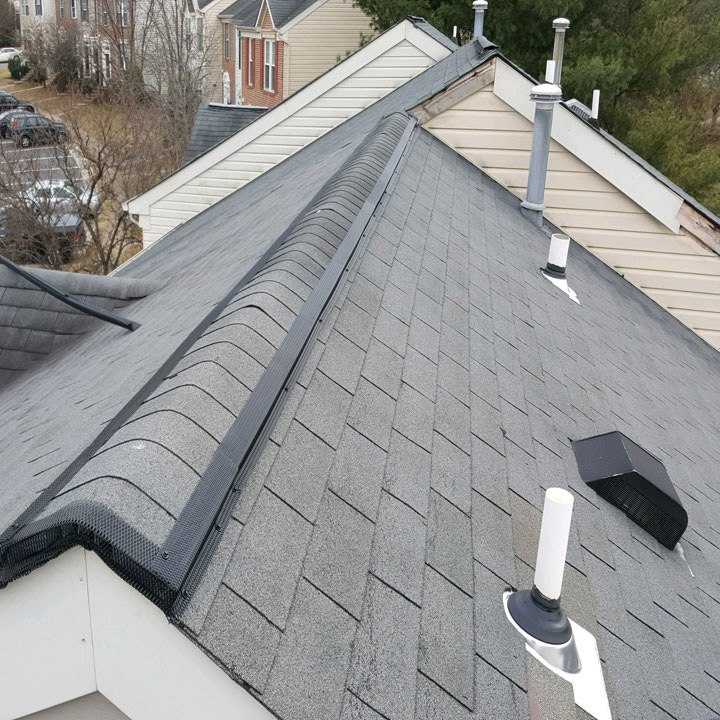Varment Guard offers expert bat removal in Cincinnati. Your home is a perfect nesting ground. If you see them flying around your home in the evening, you may have some living in your home. Call us now for an inspection. We can find out if you have any animal issues and offer solutions to remove them humanely.
Bat removal should not be attempted by an inexperienced person as their guano is a breeding ground for insects. They can also carry diseases that may be spread to you or your pets. These critters are vulnerable to rabies as well, so call now to get rid of these mammals in Hamilton County Ohio.



